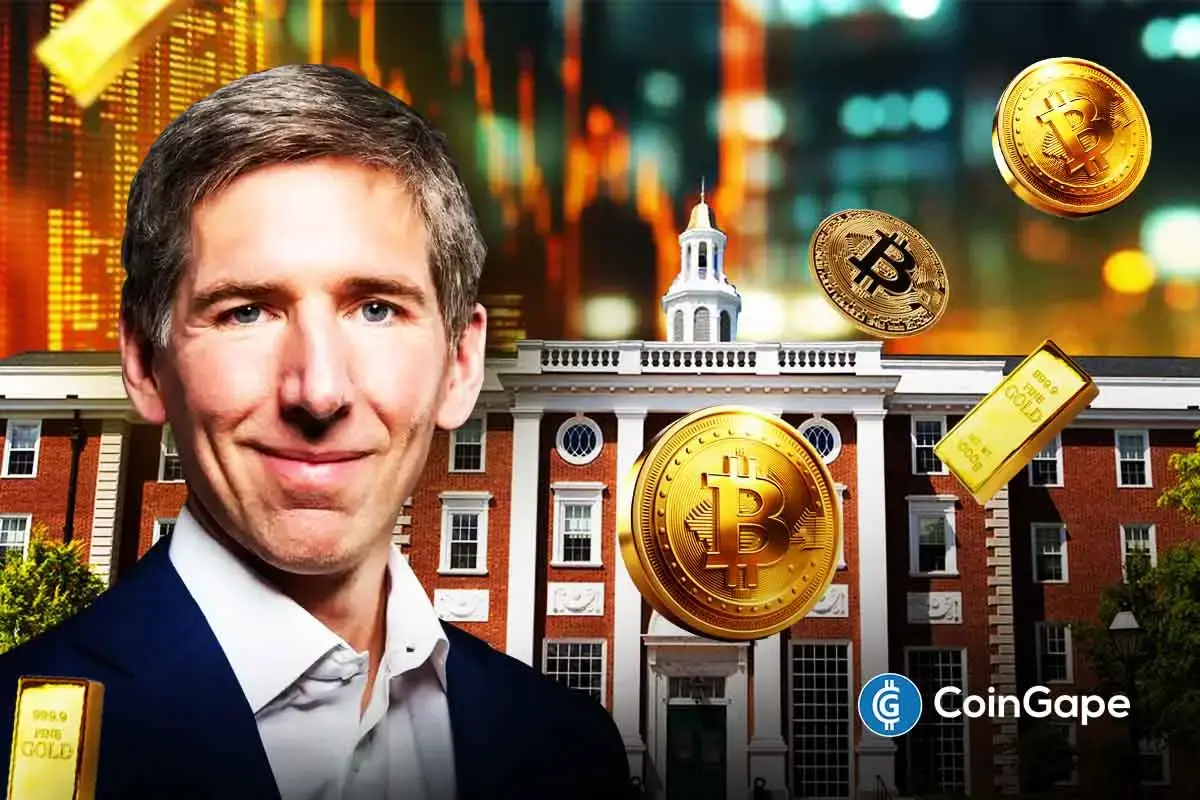Pro-XRP Lawyer Deaton Slams Craig Wright’s Satoshi Claim

Highlights
- John E Deaton dismisses Craig Wright's claim to be Satoshi Nakamoto.
- Wright's inability to recall key details undermines his credibility.
- Deaton's critique adds to skepticism surrounding Wright's assertions.
Dr. Craig Wright is not relenting in claiming the identity of the pseudonymous Bitcoin creator, Satoshi Nakamoto.
This claim, however, has been met with widespread skepticism within the cryptocurrency community. Wright first gained attention in 2016 when he publicly declared himself to be Satoshi Nakamoto. Since then, he has repeatedly asserted his identity as Bitcoin’s creator, often providing supposed evidence to support his claim.
However, Wright’s assertions have been met with significant doubt and scrutiny. Many members of the cryptocurrency community, including prominent figures and experts, have questioned the validity of his claims. Critics point to inconsistencies in Wright’s story and the lack of conclusive evidence to substantiate his identity as Satoshi Nakamoto. Despite his persistence, Craig Wright’s claim to be Satoshi Nakamoto remains highly controversial and continues to be a subject of debate within the cryptocurrency community.
Deaton Discredits Craig Wright’s Claim to Satoshi Identity
John E Deaton, a prominent lawyer known for his support of XRP, has recently issued a statement challenging Craig Wright’s credibility regarding his claim to be Satoshi Nakamoto. In his statement, Deaton dismisses Wright’s assertions, highlighting the lack of credibility in Wright’s claim. Deaton points out that Wright’s inability to recall sending the first Bitcoin transaction raises serious doubts about his claim to be Satoshi Nakamoto.
This crucial detail, according to Deaton, undermines Wright’s credibility as it contradicts the expected knowledge that Satoshi Nakamoto would possess. Deaton’s critique adds to the existing skepticism surrounding Craig Wright’s claim and reinforces the widespread doubts within the cryptocurrency community regarding Wright’s alleged identity as Bitcoin’s creator.
Also Read: COPA Trial On Satoshi Nakamoto’s Identity: Craig Wright’s Testimony Sparks Controversy
Craig Wright’s Testimony Raises Doubts in Court: Lack of Concrete Evidence Undermines Satoshi Claim
In recent courtroom testimony, Craig Wright, the self-proclaimed Satoshi Nakamoto, claimed to have sent Bitcoin to multiple individuals as Satoshi. However, his testimony has only deepened skepticism within the cryptocurrency community due to the absence of concrete evidence supporting his assertions.
During the courtroom exchange between Craig Wright and the COPA lawyer, Wright failed to provide specific names of individuals to whom he allegedly sent Bitcoin. This lack of transparency and failure to substantiate his claims further eroded confidence in Wright’s assertion of being Satoshi Nakamoto. The significance of John E Deaton’s stance on this matter cannot be overstated within the cryptocurrency community.
Deaton’s critique of Wright’s credibility adds weight to the skepticism surrounding Wright’s claim and may have implications for ongoing legal proceedings. Deaton’s position aligns with the sentiments of many within the community who remain unconvinced by Wright’s claims and underscores the need for robust evidence to support such significant assertions in the cryptocurrency space.
- Crypto Market Weekly Recap: Crypto Bill White House Meeting, Binance Buys $1B BTC, and More (9- Feb 13)
- TRUMP Coin Pumps 5% as Canary Capital Amends ETF Filing With New Details
- Crypto Prices Surge Today: BTC, ETH, XRP, SOL Soar Despite US Government Shutdown
- CLARITY Act: Crypto Group Challenges Banks Proposal With Its Own Bill Suggestions
- Trump’s Truth Social Files For Bitcoin, Ethereum, Cronos Crypto ETFs Amid Institutional Outflows
- XRP Price Prediction Ahead of Potential U.S. Government Shutdown Today
- Bitcoin Price Outlook As Gold And Silver Lose $3.6 Trillion in Market Value
- XRP and Ethereum Price Prediction as Trump Seeks to Lower Key Tariffs
- Solana Price Prediction as $2.6 Trillion Citi Expands Tokenized Products to SOL
- Bitcoin Price Could Fall to $50,000, Standard Chartered Says — Is a Crash Coming?
- Cardano Price Prediction Ahead of Midnight Mainnet Launch


















